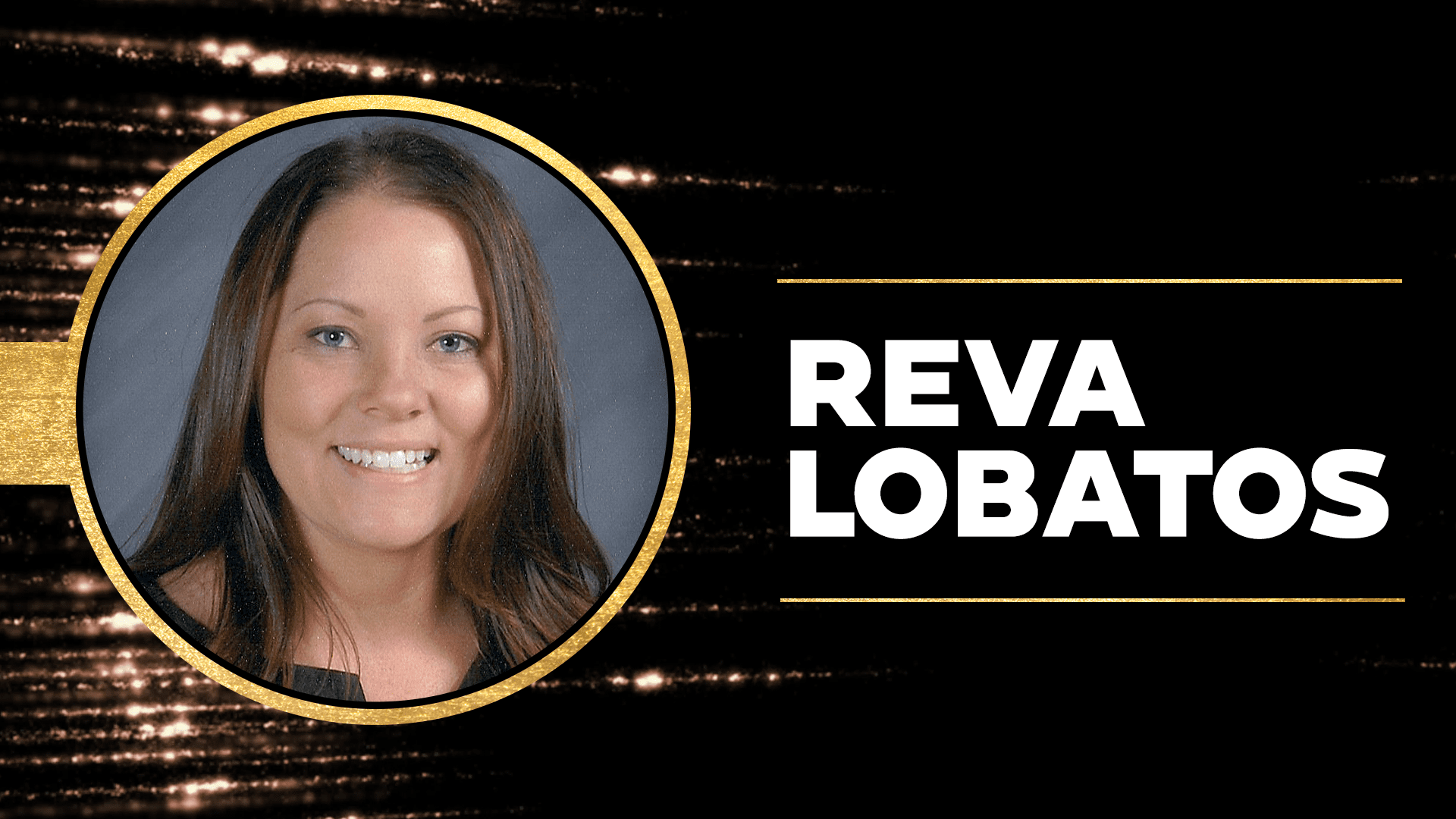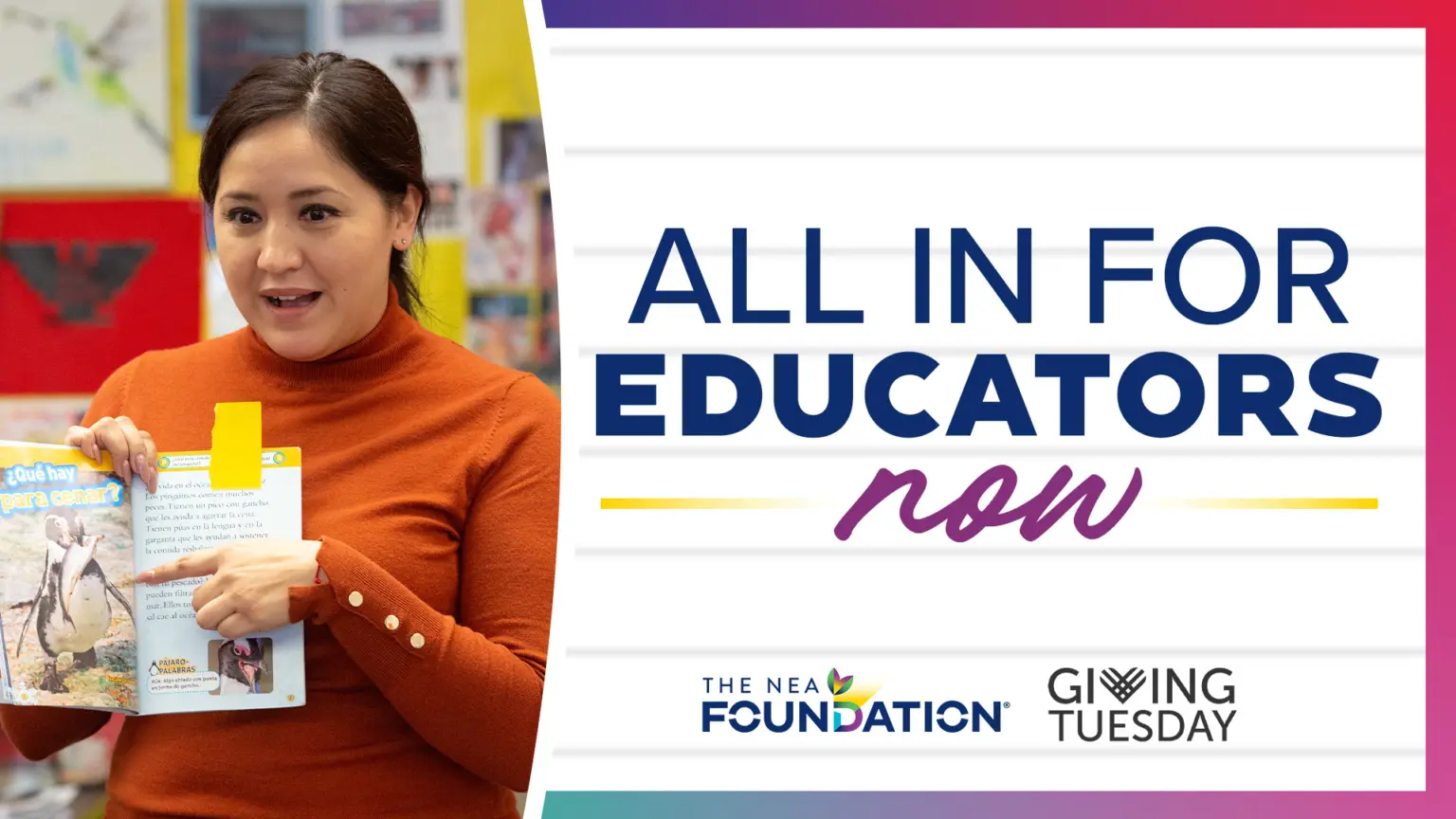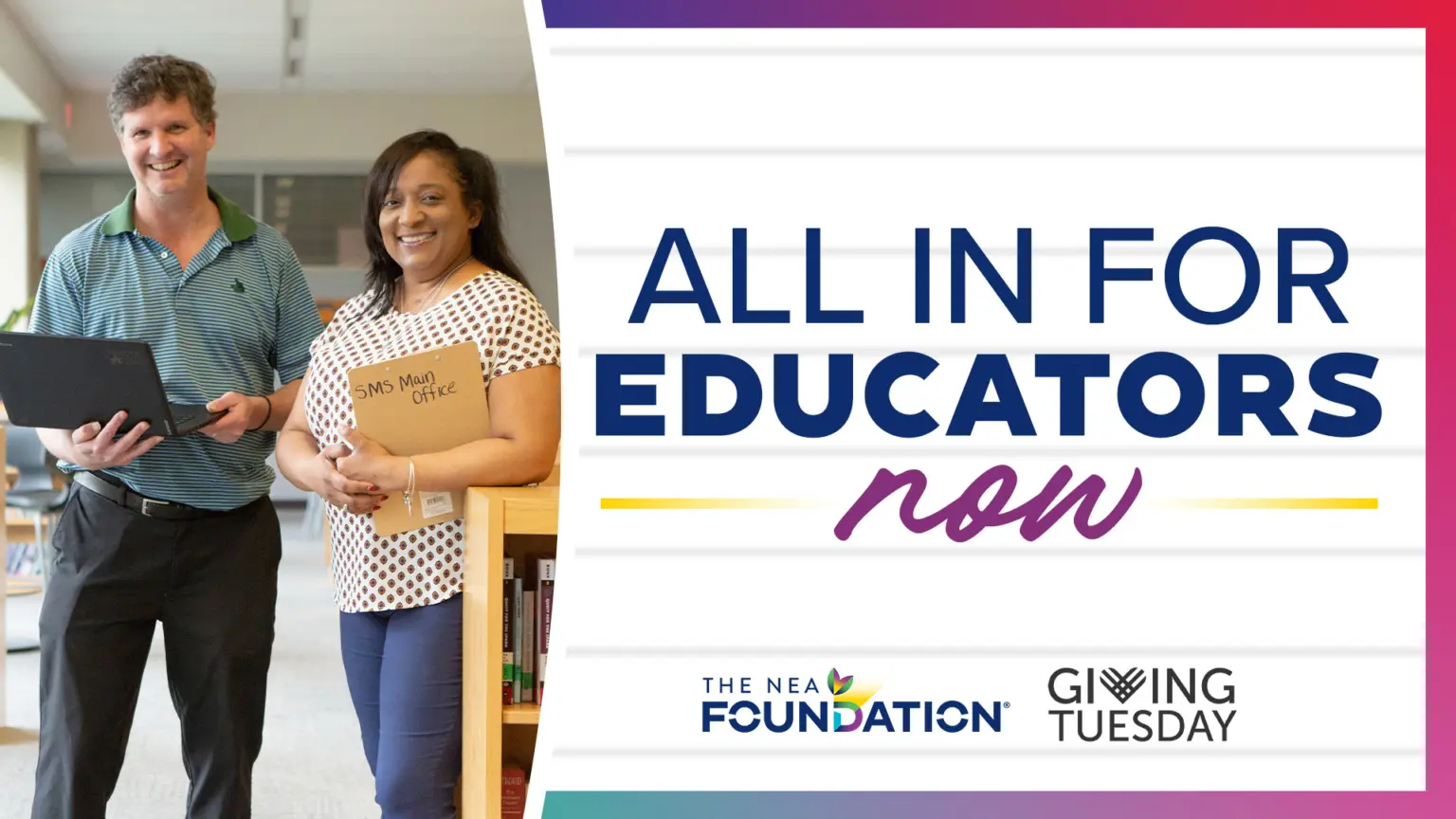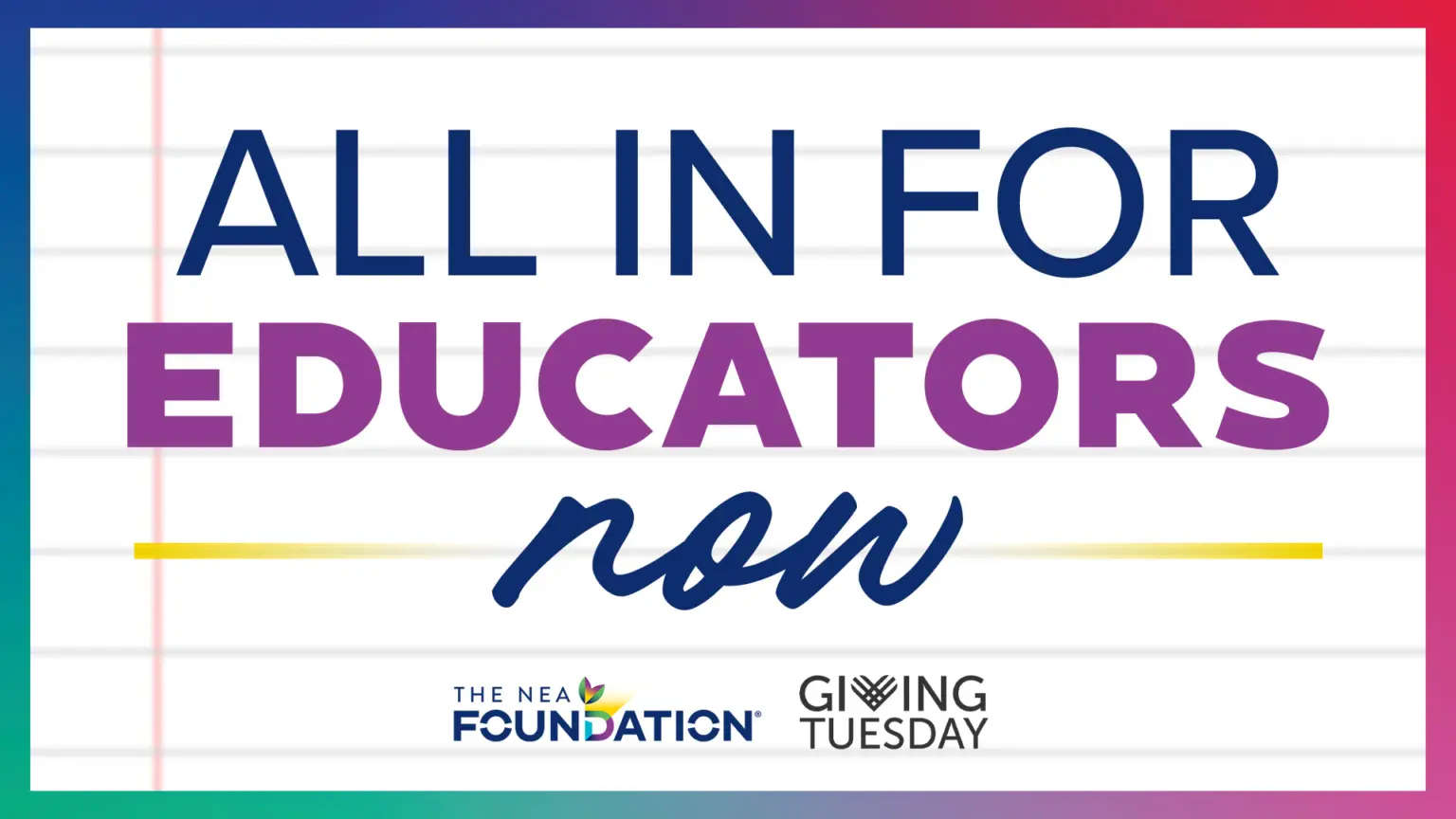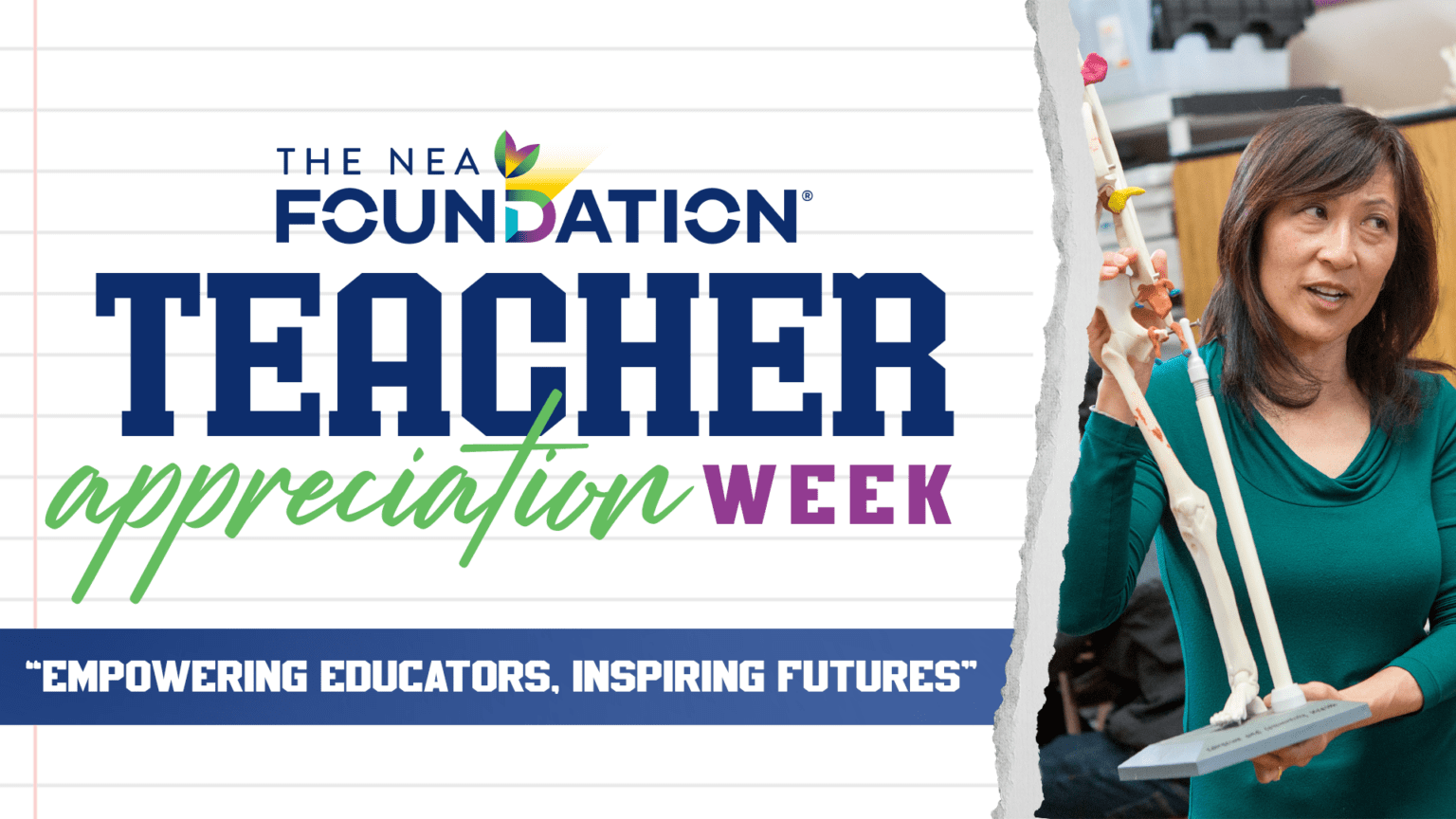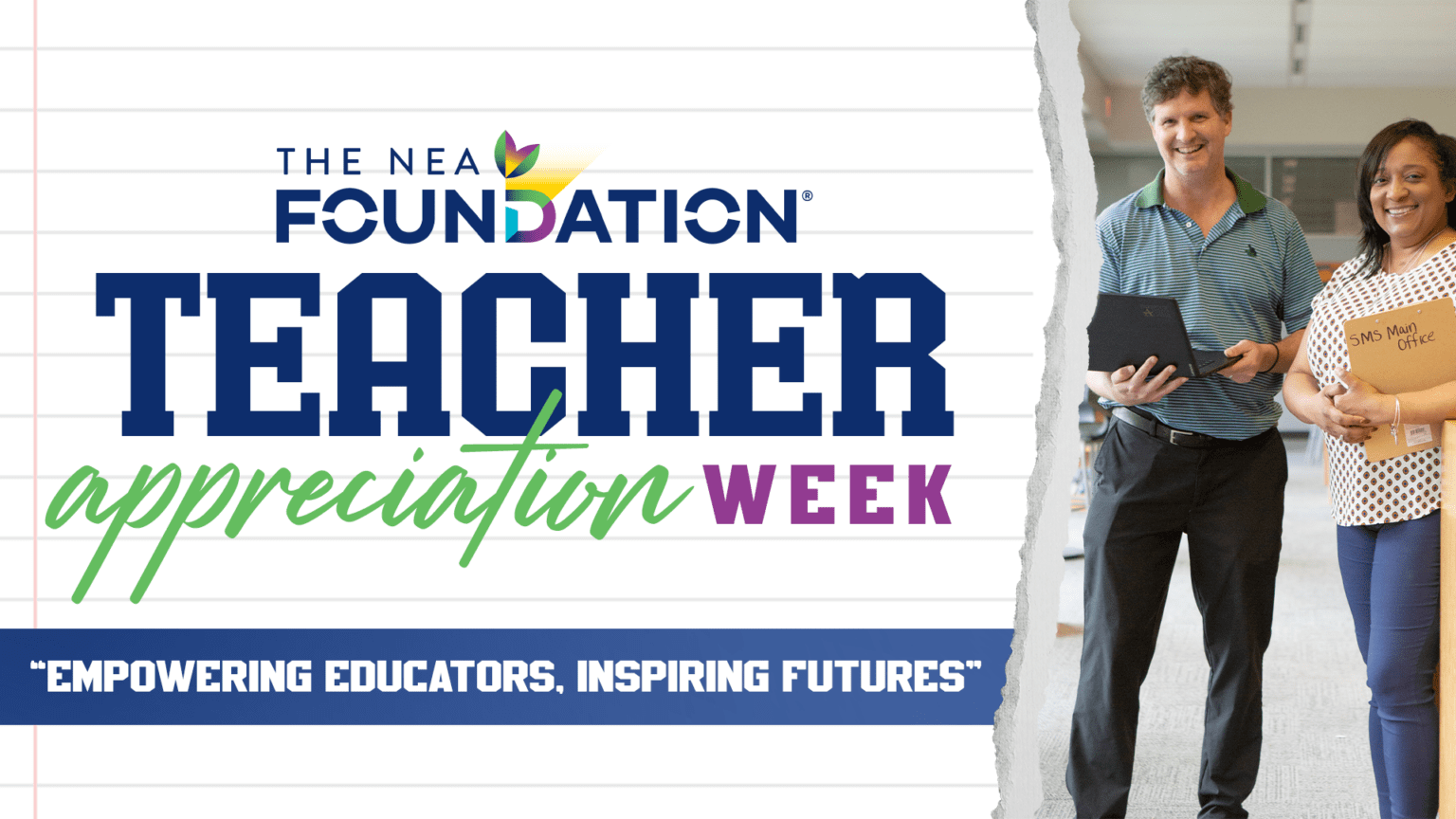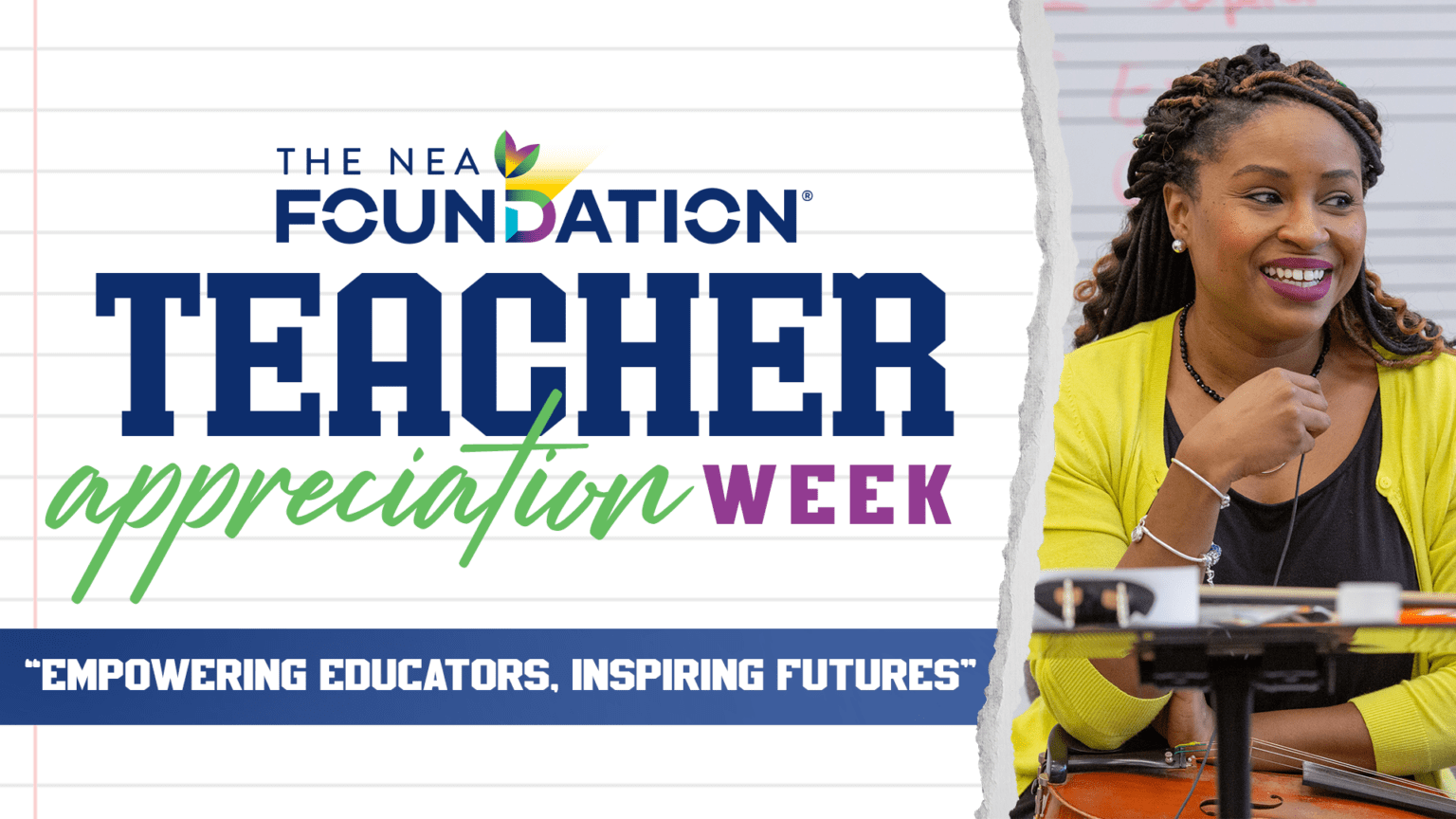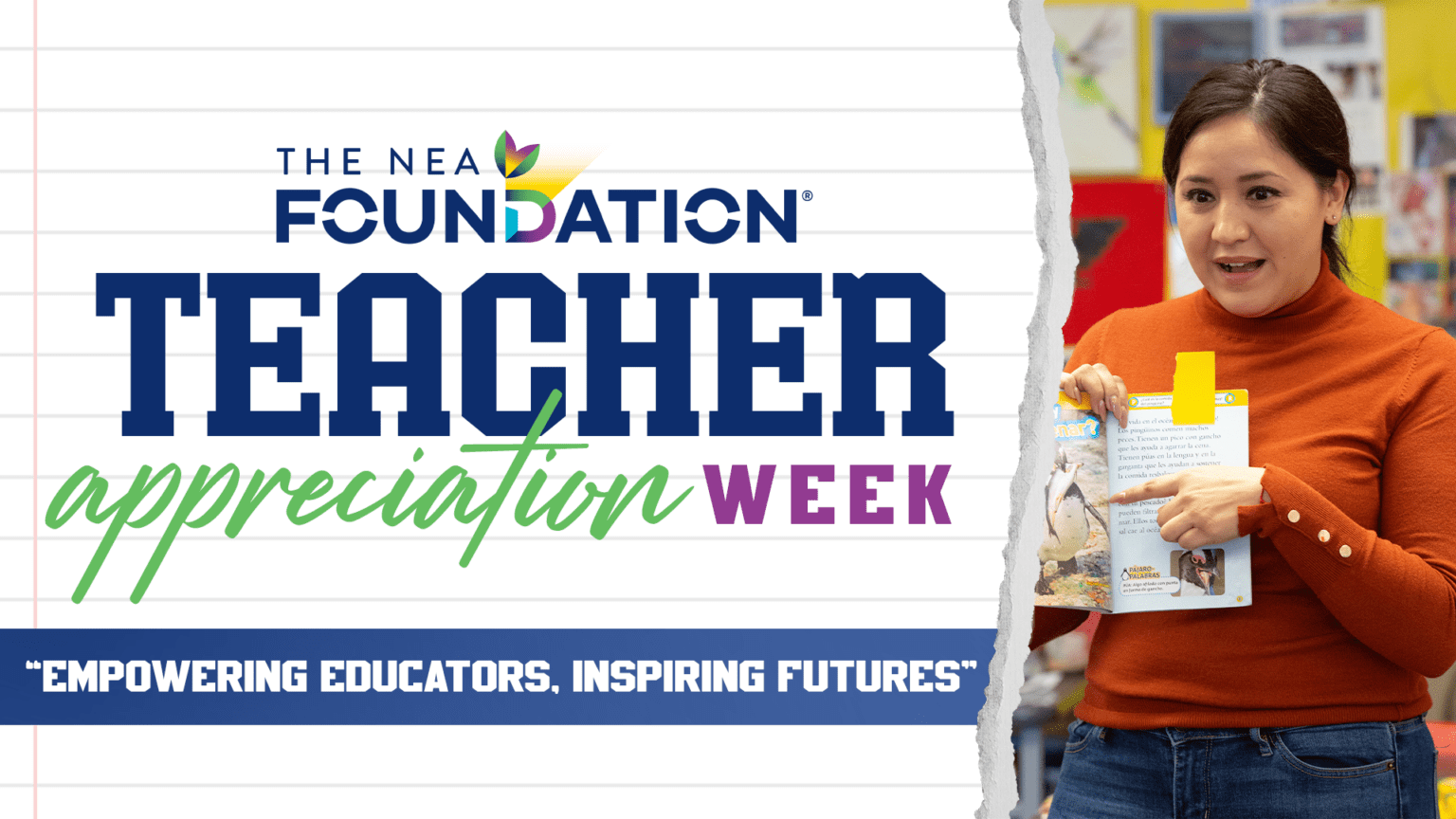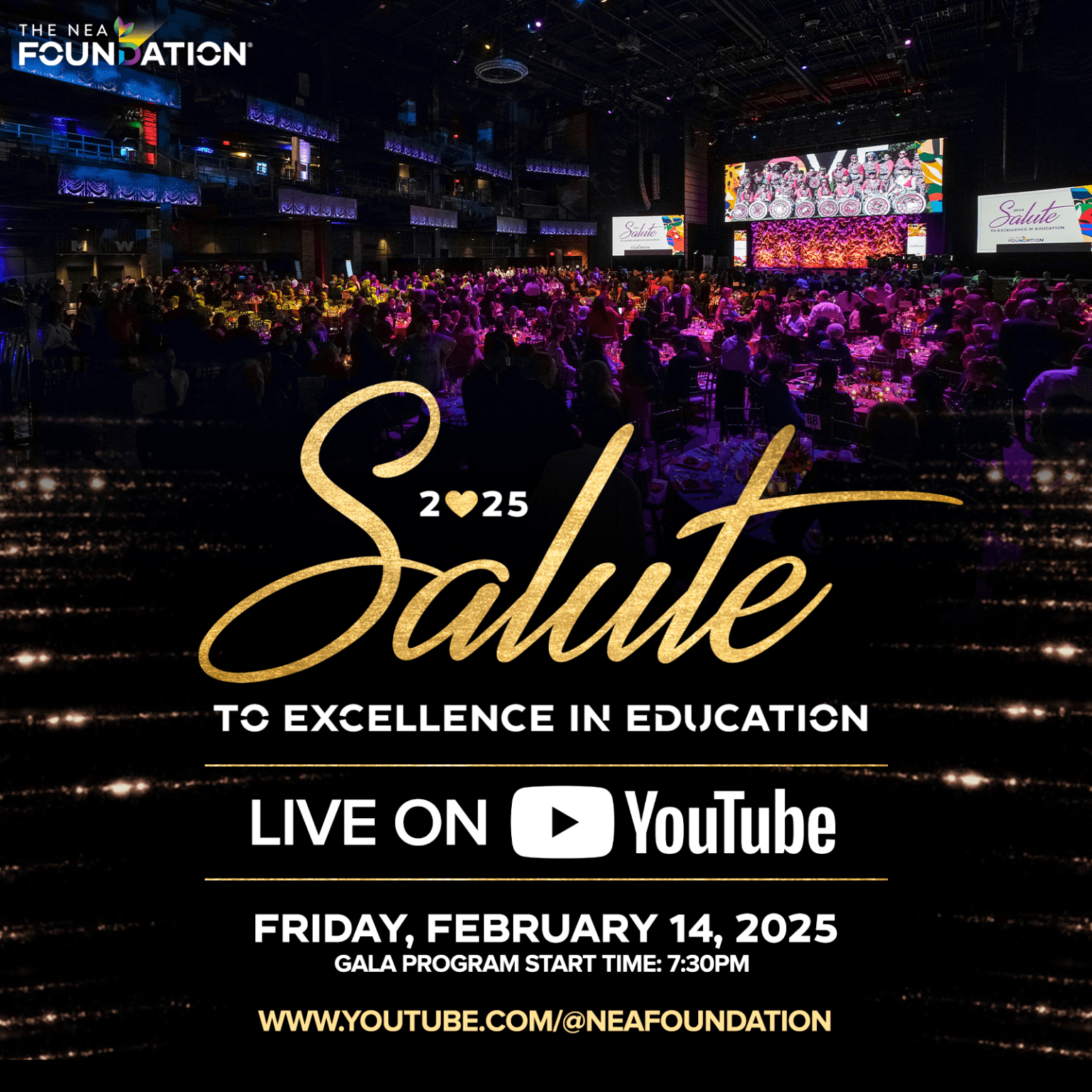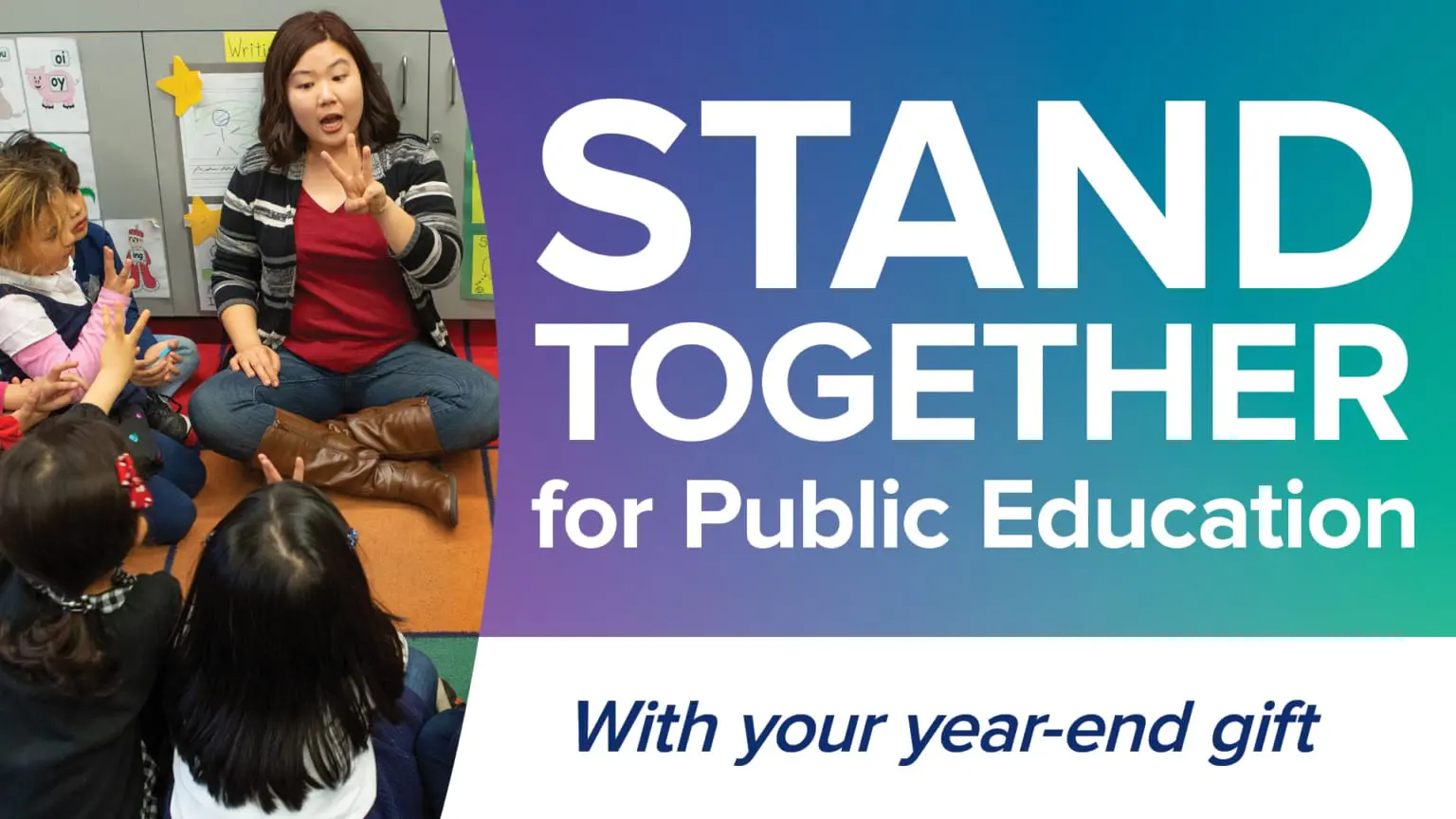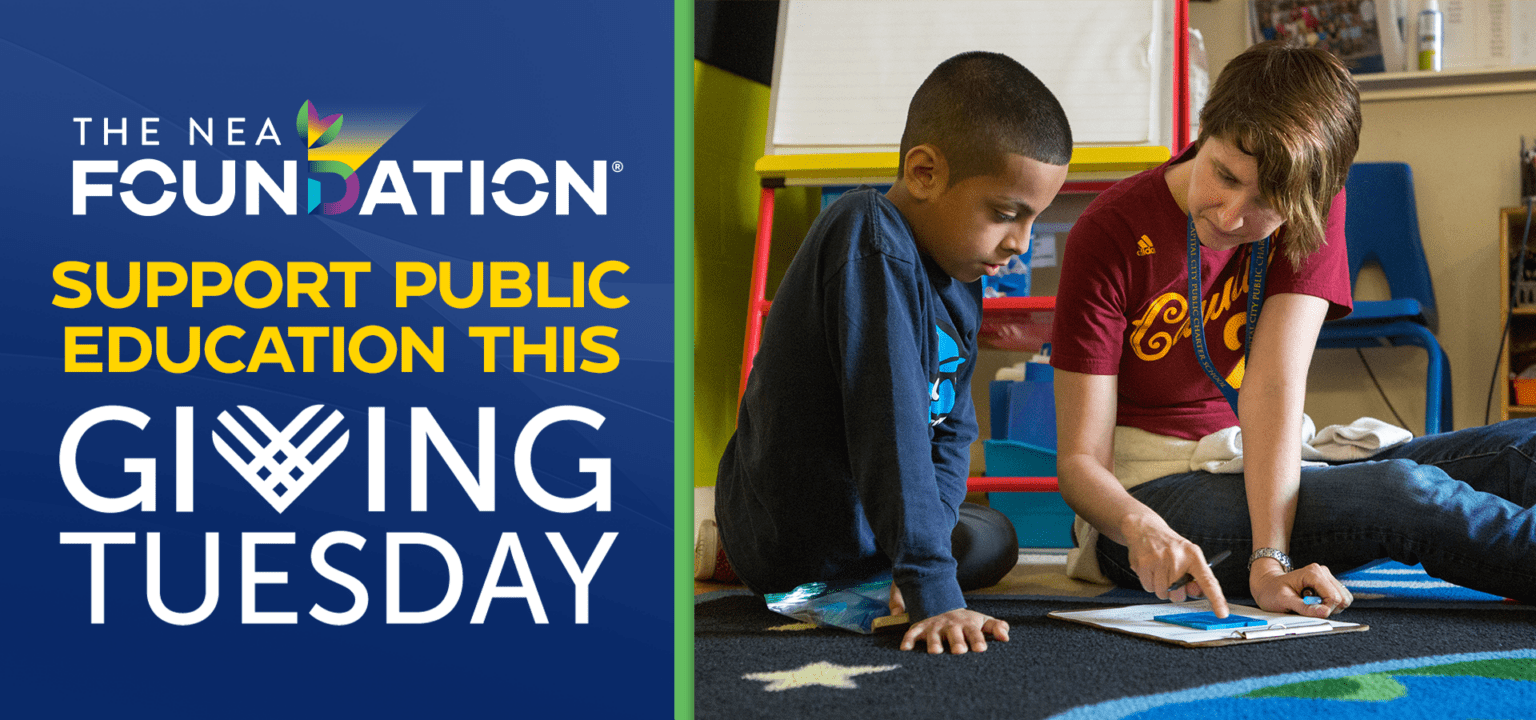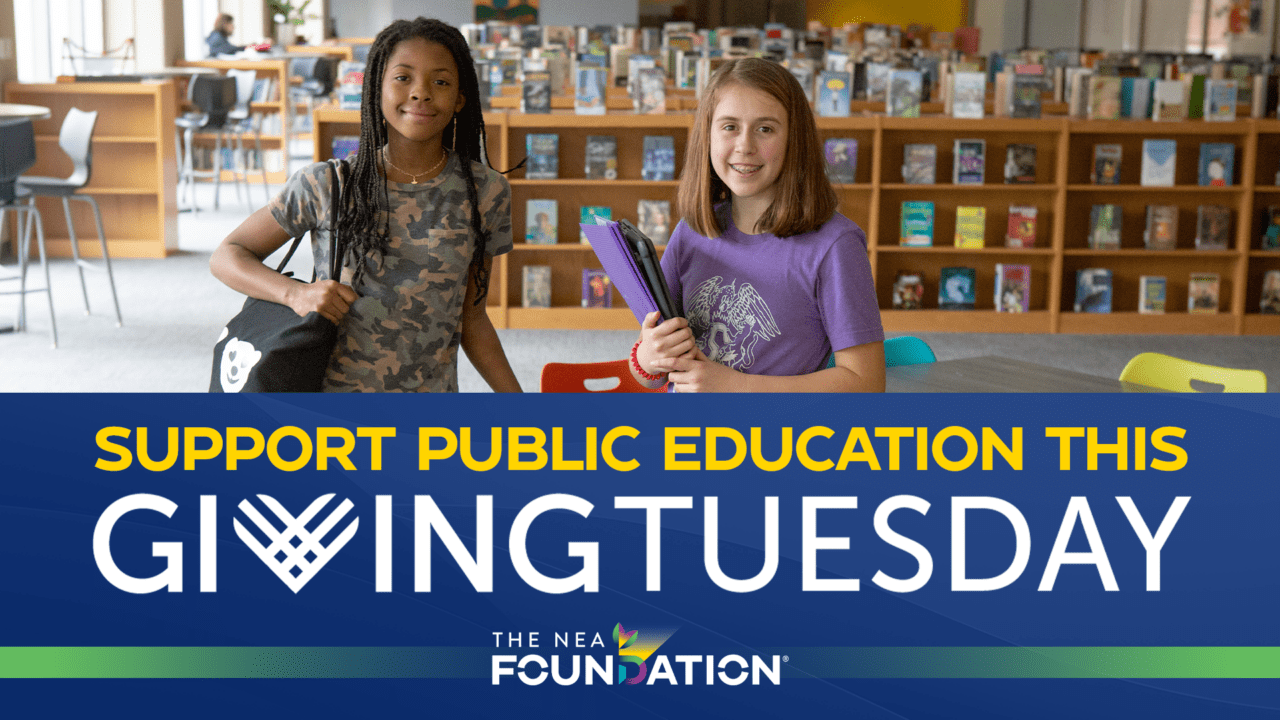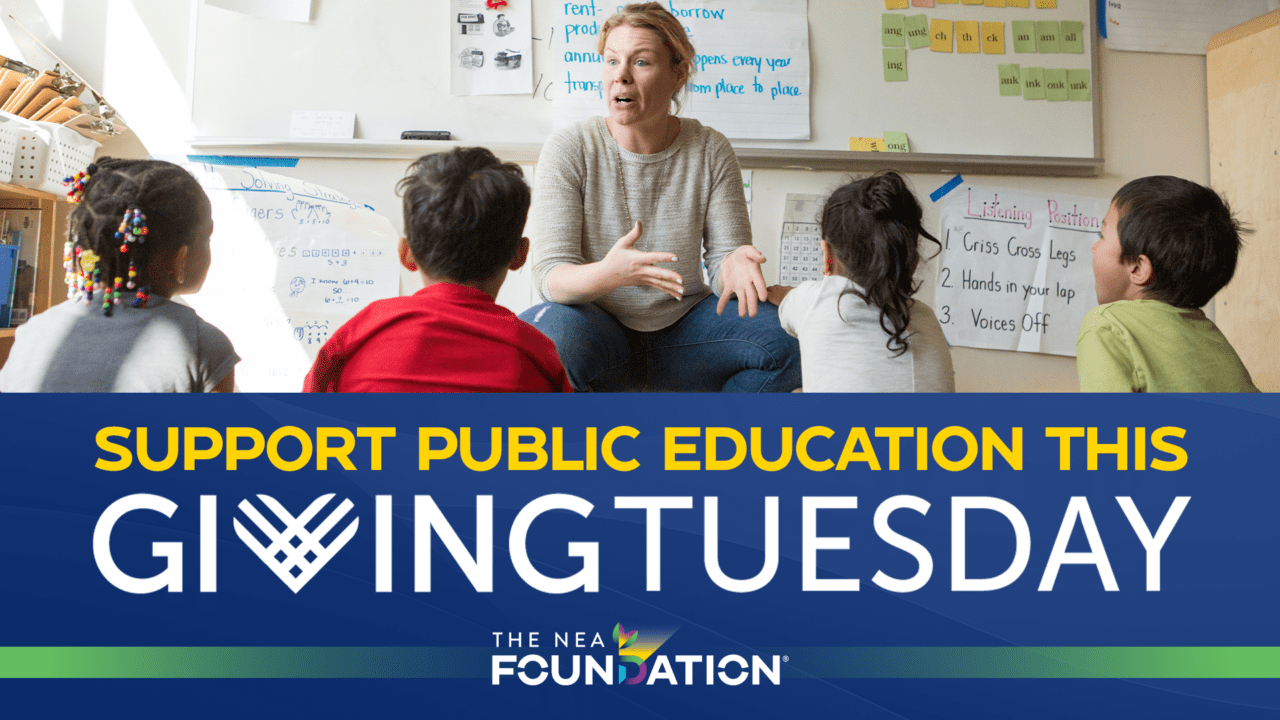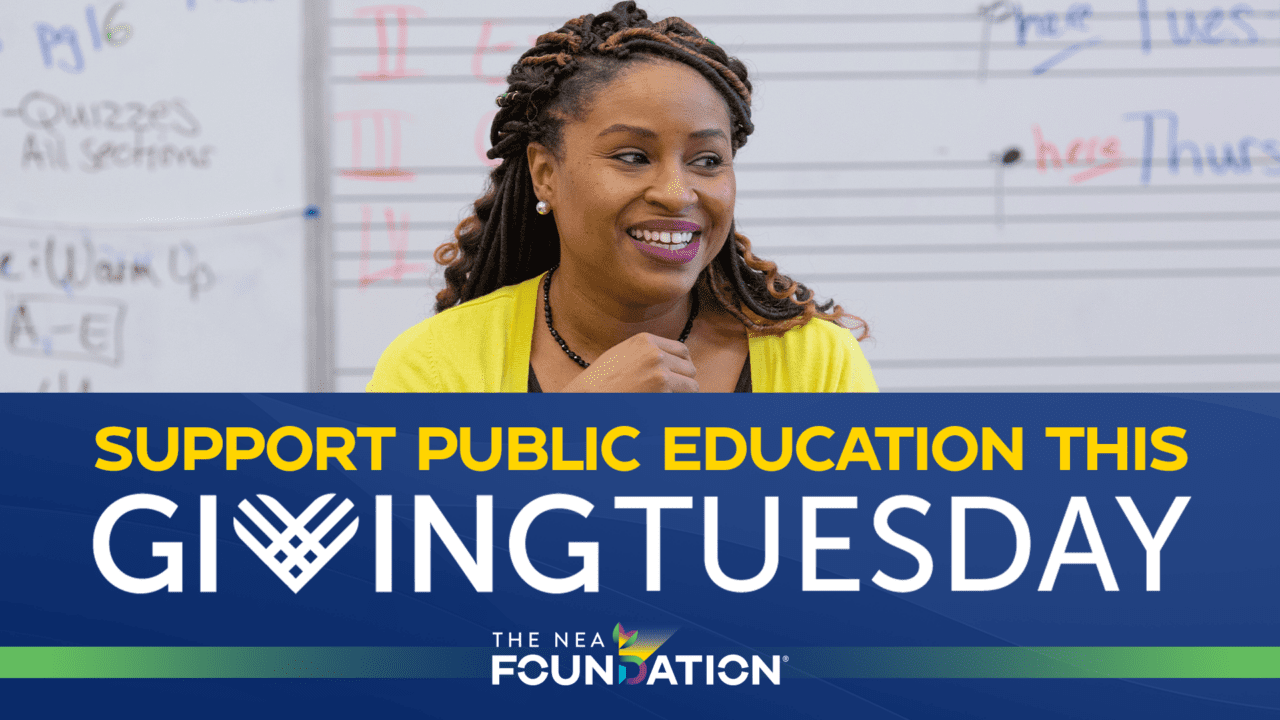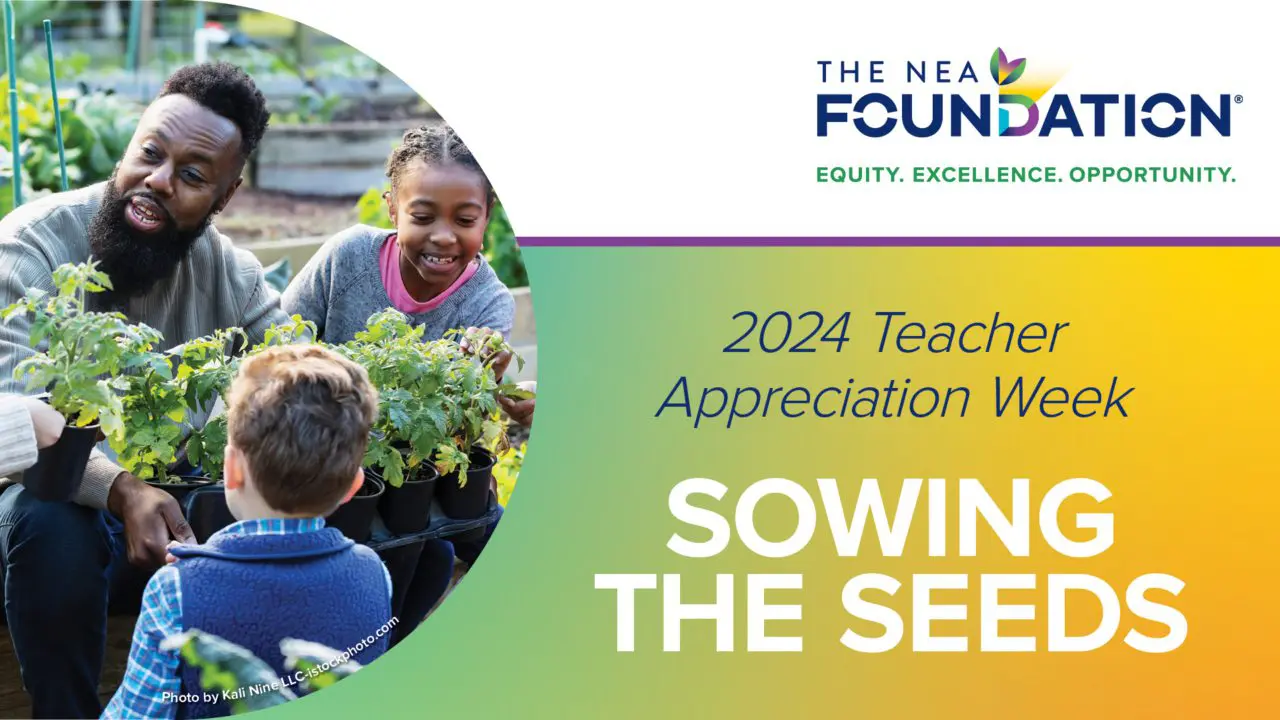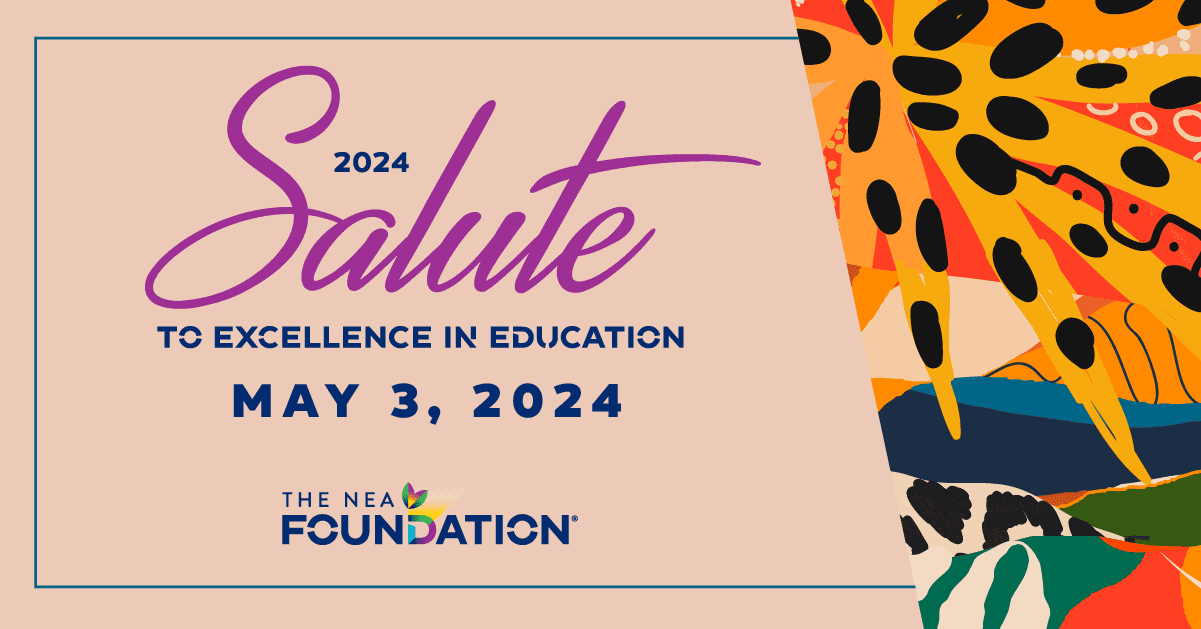Reva Lobatos is a second grade educator at Fremont County School District #25 in Riverton, Wyoming. She is also one of the five educators receiving the 2025 Horace Mann Awards for Teaching Excellence.
As an elementary school teacher in rural Wyoming, my journey has been a blend of passion, curiosity, and a deep desire to enrich my students’ lives. Teaching in a small, close-knit community has its unique rewards and challenges. One of the most rewarding aspects of my career is the opportunity to expose my students to a broader world, a mission that has become even more personal and impactful following my field study experience with the NEA Foundation’s Global Learning Fellowship in Peru.
My role as an educator is not just about imparting academic knowledge but about nurturing a sense of wonder and curiosity about the world beyond our immediate surroundings. Teaching in rural Wyoming presents its own set of challenges, particularly in terms of exposure to diverse cultures and global perspectives. Many of my students live in a world that, while rich in natural beauty and close community bonds, may not offer the same exposure to global cultures and ideas as more urban environments.
The Global Learning Fellowship’s field study in Peru was a transformative journey for me, both professionally and personally. Traveling to Peru offered me a firsthand look at a culture deeply rooted in history and tradition, yet evolving in the face of modern challenges. From the bustling streets of Lima to the serene landscapes of the Andes, I witnessed a vibrant culture that was as diverse as it was rich. This experience was not just an adventure; it was an eye-opener, revealing the intricate tapestry of human experience that transcends borders and languages.
In Peru, I was struck by the resilience and resourcefulness of the people. I saw children learning and growing in environments very different from environments familiar to my students. This experience underscored the importance of a global mindset—an understanding that while we may come from different corners of the world, our shared humanity connects us all. It became clear to me that fostering a global mindset in my students would be crucial for their development and understanding of the world.
Returning to my classroom, I felt a renewed sense of purpose. I wanted to share the richness of my experience with my students in a way that was meaningful and engaging.
A cornerstone of my teaching practice is now incorporating elements of global awareness into our daily lessons, to help my students appreciate and understand the diverse world we live in. I’ve found that introducing them to different cultures, traditions, and perspectives not only broadens their horizons but also fosters empathy and respect.
One way I’ve integrated global awareness into our curriculum is through interactive projects and discussions about various cultures. For example, we explore different countries’ traditional festivals, art, and music. I invite guest speakers and use multimedia resources to bring these experiences into our classroom. By learning about different ways of life, my students begin to see beyond their own immediate environment and recognize the value of diversity.
I’ve also emphasized the importance of understanding each other. Through storytelling and sharing personal experiences, we discuss how people’s backgrounds shape their perspectives and how empathy can bridge cultural gaps. This approach helps my students develop critical thinking skills and a deeper appreciation for the world around them.
The concept of a global mindset is more than just an educational objective; it is a way to prepare our students for the interconnected world they will navigate as adults. By understanding different cultures and perspectives, they are better equipped to collaborate and communicate effectively with people from diverse backgrounds. This kind of global awareness is essential not only for their personal growth but also for fostering a more inclusive and understanding society.
My experience in Peru reinforced my commitment to this approach. It made me realize that every student, regardless of their geographic location, deserves the opportunity to learn about and connect with the broader world. By exposing my students to global cultures and perspectives, I hope to inspire a sense of curiosity and respect that will stay with them throughout their lives.
In conclusion, teaching in rural Wyoming has been a journey of growth and discovery. The NEA Foundation’s Global Learning Fellowship was pivotal in shaping how I approach education and global awareness in my classroom. By fostering a global mindset, I aim to provide my students with the tools they need to understand and appreciate the rich diversity of our world. It is my hope that, through these experiences, they will grow into empathetic, informed, and engaged global citizens, ready to make a positive impact on the world.
THE NEA FOUNDATION IS COMMITTED TO FEATURING DIVERSE VOICES AND PERSPECTIVES ABOUT CRITICAL ISSUES FACING PUBLIC EDUCATION, STUDENTS, AND EDUCATORS. THESE VIEWS DO NOT NECESSARILY REFLECT THOSE OF THE NEA FOUNDATION.

